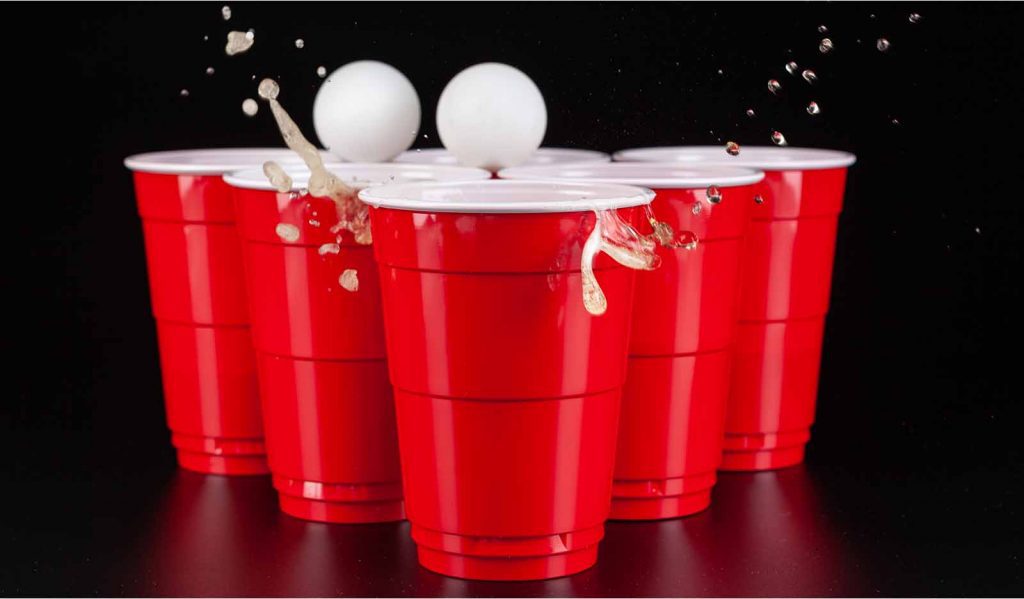How Drinking Games Are Affecting Teens & Young Adults
Drinking games serve as a fun way to socialize, but these activities could have a negative impact on mental, emotional, and physical health. Many teenagers and adolescents play these games regularly at parties without knowing the potential risks that come with participating.
Drinking Games: The Basics
A majority of college students and young adults have played a drinking game at a party at least once. In fact, drinking games are continually increasing in popularity at establishments throughout the country.

Many bars, clubs, and other establishments host game nights and tournaments that revolve around consuming a heavy amount of alcohol. Some of the most popular drinking games today include beer pong, flip cup, and Kings. All three games are very accessible and can be set up with just a few materials, which is another factor that makes them appealing to teens and young adults with limited resources. To play beer pong and flip cup, participants just need one table, two ping pong balls, and several plastic cups. Kings, on the other hand, only requires a deck of cards and one can of beer. These games are extremely affordable, but they come at a higher cost than participants and hosts may realize.
Why Are Drinking Games Dangerous?
The sole purpose of drinking games is to get intoxicated. That fact alone makes these activities dangerous, especially for individuals under 21. These games may involve camaraderie and teamwork, but they also come with peer pressure and the glorification of heavy drinking. Participants have little to no control over what they’re drinking, how much they’re drinking, or how long they’re drinking it. The competitive nature and enthusiasm surrounding these games tend to distract people from how much they are actually drinking.
Drinking games enable and encourage binge drinking, which is defined as drinking an excessive amount of alcohol in a short period of time. It is considered ‘binge drinking’ when a man consumes five or more standard drinks in two hours and when a woman drinks four or more. It’s also important to note that most beers and spirits come with more than one standard drink’s worth of alcohol. Binge drinking, in addition to causing heavy intoxication, can put teenagers and young adults at risk for a variety of dangerous situations and health complications.
Signs & Side Effects of Binge Drinking
First, binge drinking may lead to risky and irresponsible behaviors. These behaviors and patterns typically involve poor decision-making and impulse control. Drinking too heavily may additionally cause attention and memory problems or difficulty with processing emotions.
People who binge drink regularly are also at a higher risk for heart disease, high blood pressure, metabolic diseases, type 2 diabetes, injury, assault, violence, and alcohol poisoning. Alcohol poisoning, which is essentially an overdose on alcohol, is likely to occur during or after binge drinking. Since alcohol poisoning can be fatal, it should be treated as soon as possible. Signs of alcohol poisoning may include frequent vomiting, clammy or blue-tinted skin, and confusion.
Binge Drinking Prevention & Treatment
Many teens and young adults play these games without knowing how dangerous they can be. Parents and school systems are encouraged to inform their children of the risks that come with drinking games, but the topic should be approached carefully. For tips on how to talk to your teenager or young adult about the dangers of playing drinking games, give our team of substance abuse treatment representatives a call or take advantage of our online resources.
Unfortunately, some parents are not able to control whether or not their children play drinking games. If you notice that your teenager or young adult is displaying signs of regular binge drinking, contact us by calling 267.209.7313.



